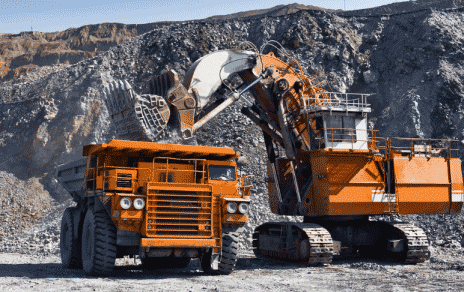Australia’s Mineral Resources Ltd (MinRes) on Wednesday said that lithium prices are improving, but it is holding off expanding production until prices make a sustained recovery.
Prices have tanked around 85% over the past 18 months to bottom in the quarter to March 31. Mineral Resources, one of the country’s top lithium producers, said in its quarterly report that pricing had improved during the quarter.
Citi said that MinRes’ lithium pricing was “better than expected” and the miner had obtained higher prices than its peers. MinRes shares were up 1% in midday trade.
“We believe we have seen the bottom in the lithium prices,” executive general manager James Bruce told an analyst briefing.
“We have see the restocking phase after Chinese New Year. The market has stabilised and there is strong demand for spodumene,” he added.
Australia accounts for about half of global lithium supply.
MinRes said it will wait for stronger signs the recovery has taken hold, before the full ramp up of train 3 at its Wodgina lithium mine, which it owns with chemicals giant Albemarle.
“We will turn train 3 on subject to market conditions. We need to see sustained demand and higher prices before we do that. We also need agreement from Albemarle,” he said.
MinRes had earlier said it would delay expansion at the mine 90 kilometres (55.9 miles) south of Port Hedland in Western Australia, from the first quarter to mid-year.
In the quarter to March 31, MinRes received average prices at $1,030 a tonne for 6% lithium concentrate, with a shipment in March sold at $1,300, winning better prices because of its greater exposure to the spot market than other producers.
That was $103 per tonne higher than peers, according to analysis by Citi.
It produced 91,000 dry metric tonnes (dmt) of spodumene concentrate at Mt Marion in the March quarter, up from 83,000 dmt in the prior quarter, while output at its Wodgina mine came in at 49,000 dmt, down 11% from the previous three-month period.
MinRes maintained its 2024 fiscal year volume guidance for all operations and said it expected to choose a partner for its Onslow rail infrastructure in the second half.
(By Melanie Burton and Archishma Iyer; Editing by Subhranshu Sahu and Sonali Paul)
